
GUANGDONG KELONG BIOTECHNOLOGY CO., LTD.
Add: No.5-17 and No.5-32, South area of Qibao Industry and Trade, Huicheng, Xinhui, Jiangmen, Guangdong, China
Tel:+86-750-6978788
Fax:+86-750-6978868
Wechat: 13828063050
Website: http://xgxxkef.cn
Email: export@kelongbio.com
marketing@kelongbio.com
What is a food additive?
Food additives refer to synthetic or natural substances that are added to foods to improve food quality and color, aroma, taste, and according to the requirements of preservation, preservation and processing. Food additives can be produced by chemical synthesis, biological fermentation or extraction.
I. Food additives have been around for a long time
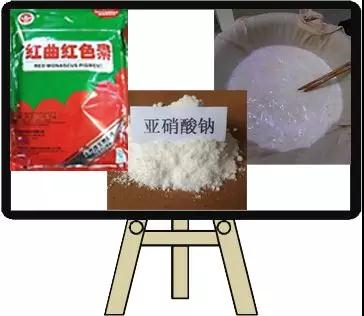
The history of human use of food additives is as old as the history of human civilization. The brine point tofu was invented in China during the Western Han Dynasty. It has been more than 2,000 years old and brine is a food additive. Hongqu has more than 1,000 years of production and application history in China. The natural food coloring pigment, red yeast red pigment, extracted from red yeast rice is also a food additive. The use of sodium nitrite in folk homemade bacon has been derived from the Southern Song Dynasty in China. It has been around for more than 800 years and is now an important color-protecting agent in the processing of modern meat products. Artificially colored candy was also recorded on the tombstones unearthed in Egypt for more than 1,500 years.
2. Food additives are really useful
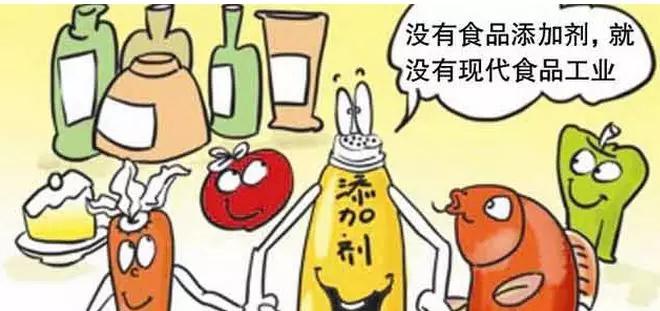
In the memory of the older generation, the oil used for cooking in the home will have a scent of scent after a few months. The salt in summer is also prone to agglomeration, but now the oil and salt do not have this phenomenon. Why? Because the oil is added with antioxidants, anti-caking agents are added to the salt, and antioxidants and anti-caking agents are all food additives. Whether it is industrial production of bread, cakes, fruit drinks, ice cream, etc., or hand-made taro, steamed buns, fritters, etc., can not be separated from food additives. Only the use of food additives can extend the shelf life of food, ensure food safety, provide consumers with more delicious and nutritious foods, and meet the different needs of consumers.
Food additives are the product of the development of the modern food industry, and there is no modern food industry without food additives.
Illegal additives, food additives
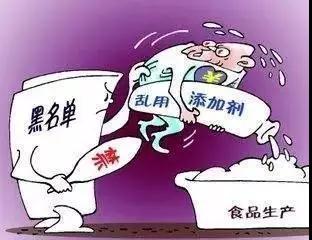
A wide variety of additives, food additives are only one of them, in addition to feed additives, pharmaceutical additives, concrete additives, plastic additives, coating additives, gasoline additives.
The well-known melamine is not a food additive but a concrete additive, a plastic additive and a coating additive. Also, Sudan Red and Formalin are chemical raw materials and are not food additives. These additives and chemical raw materials are not allowed to be used in foods themselves and are illegal additives. Therefore, food additives must be distinguished from food illegal additives.
4. The “weight-effect relationship” is the key to safety.
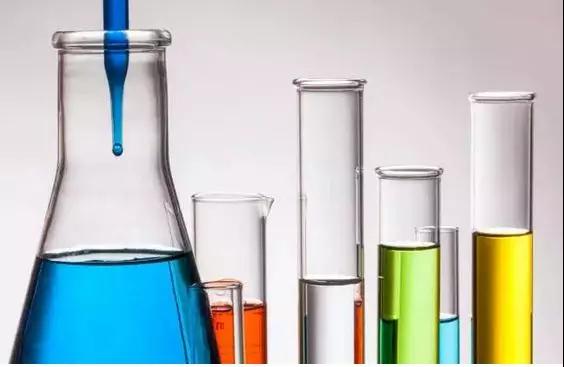
It is not only safe but also necessary to use any food additive under the specified range and dosage. The brine plays a role as a coagulant in the production of tofu. The amount of the brine determines the tenderness of the tofu. It has never been heard that the tofu has been eaten in China for thousands of years.
But what happens if you drink the brine directly into your stomach? In the play of "White-haired Girl", the white-haired female's father, Yang Baila, was forced to go to the place where he was forced to make a tofu when he was forced by the bully landlord Huang Shiren. The direct cause of the death of Yang Bailao is actually "over-range, excessive use of food additives."
5. Standards guarantee the safe use of food additives
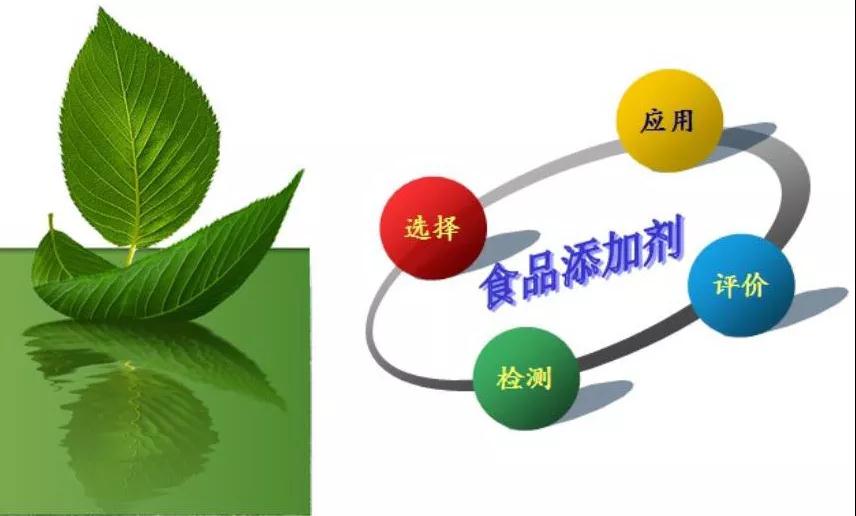
To protect the health of consumers, the World Food Organization and the International Codex Alimentarius Commission under the UN Food and Agriculture Organization have established a globally uniform food additive food safety evaluation system and usage standards (not mandatory).
The Chinese government has established its own evaluation methods and national standards based on the system and standards, and implements strict, continuous and dynamic management of food additives applied for and in use, and re-foods food additives based on the latest research results at home and abroad. Safety assessment, adjustment of scope of use and usage, and prohibition of use of some substances.
In China, the use of food additives must comply with five principles:
First, it should not cause any health hazard to the human body;
Second, it should not cover up food corruption;
Third, it should not cover up the quality defects in the food itself or in the processing process or use food additives for the purpose of doping, adulteration or forgery;
Fourth, the nutritional value of the food itself should not be reduced;
The fifth is to reduce the amount of food used in the food as far as possible.